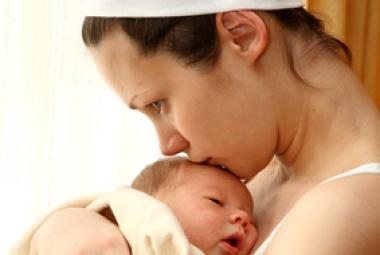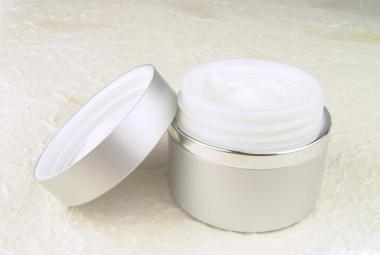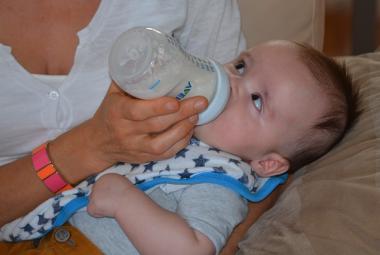Pregnancy and Breastfeeding may Lower Risk of Early Menopause
More research is being done on prevention of early menopause and a study recently published in JAMA found that pregnancy and breastfeeding may decrease risk of early menopause.











